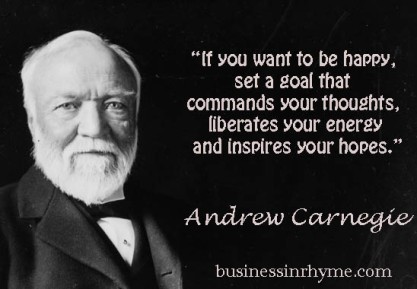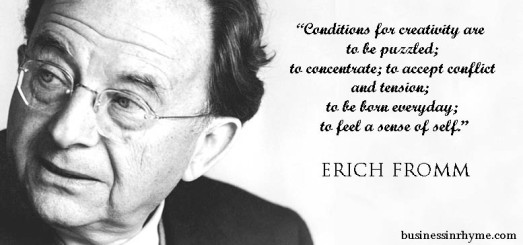The more I write and search for inspiration for blog posts, the more I come across analogy of how certain natural laws that govern universe actually can be very well applied to our everyday life. If we fast rewind our memory to a high-school years we might recall the 2nd law of thermodynamics that basically says: the universe tends to go from present order to bigger disorder. And does that apply to your everyday life? Well imagine: you can spend all day cleaning your messy room and within couple of working hours, you are practically at square one – like you didn’t tidied it up at all.
Sounds familiar?
We all live our lives chaotic to some degree. We cannot control every circumstance but we can put some effort and take charge to at least try make some order. And making that order can mean finding more time to write.
My first recommendation is to:
1.Have a clear writing goal
If you write for a blog or a book, have clear mind about what you want to accomplish. For a blog having in advanced prepared editorial calendar with defined frequency of your posting can be handy in overall estimate on what you need to write, does it require research and ext. Pretty much the same comes with a book. That writing goal can be a number of pages, chapters or developing your story concept.
2.Prioritize and reschedule
Squeeze writing in your schedule like you plan other activities: your meals, working out, household chores. Once it becomes that ingrained part of your everyday life, the lesser are chances for you to skip it in favor of some other activity.
That can also mean:
3.Getting up an hour earlier
and writing during that peaceful time where dreams and reality collide.
4. Trading your evening TV hours for some quality writing time
Instead of being hypnotized in front of a glowing screen, indulge in your imagination and focus on your writing.
5.Using your commuting and travel time efficiently
If you travel by bus or train to work, this is an excellent opportunity to use this (almost wasted) time to think about our writing, jot some ideas down or brainstorm new poem/story.
6. Sparing some treasure time during weekends
Organize your weekends in such way that part of your relaxing routine be writing.It could be as simple as sitting down to enjoy cup of coffee or if you go for a walk: use these breaks to elaborate your writing ideas or finish previous writing tasks.
7.Making space for writing
Putting physical order in your everyday environment can be helpful in terms it will motivate you to write instead of dealing with stressful petty things. Having that special, inspiring place you dedicate to your writing can help you in making writing a priority – being that small gesture like clearing out a counter to write down your new idea. Such small acts of generosity towards our passions and creativity can be a triggering point to transform our writing into a regular practice.
How do you deal with chaos and find time for writing?
If you liked this post, please share! And if you are interested in getting more inspiration for your creativity, sign up for our free monthly newsletter.









